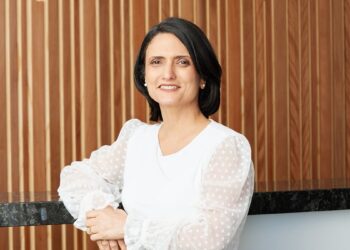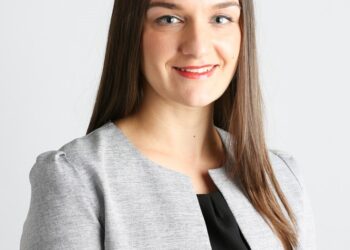Aaron Dunn, CEO and founder of Smarter SMSF, says there has already been significantly high rises in interest rates with lenders in the SMSF space.
“Interest rates with lenders is already in the 8–9 per cent range and this latest rate rise is going to mean that the related party safe harbour rate is getting closer to 9 per cent,” he says.
“The reality is that it will play a significant role where there is not enough buffer within the fund.
“It may even mean that people who may have made larger concessional contributions through things like salary sacrifice may not be able to do that anymore as their debt outside of super may have changed.
“It will put pressure on any debt they may have inside of super as well.”
On Tuesday the Reserve Bank of Australia lifted interest rates for the twelfth time in 13 months and the cash rate is now at its highest since 2012.
RBA Governor Philip Lowe also warned there could be more increases over the coming months.
“Some further tightening of monetary policy may be required to ensure that inflation returns to target in a reasonable timeframe,” he said.
The latest rate rise will affect 3.3 million households with a mortgage, add $114 to the monthly repayment on a $750,000 home loan, and bring the total increase to $1701.
A family with a $500,000 mortgage will be paying $1134 more on their monthly repayments, including an extra $76 from Tuesday’s decision, according to RateCity. “Inflation in Australia has passed its peak, but at 7 per cent is still too high and it will be some time yet before it is back in the target range,” Dr Lowe said.
“The board remains alert to the risk that expectations of ongoing high inflation contribute to larger increases in both prices and wages, especially given the limited spare capacity in the economy and the still very low rate of unemployment,” Mr Lowe said.
Mr Dunn says as more household income is devoted to covering the demands of mortgage and debt repayments, there will cash flow problems within SMSF for them to meet their own liabilities when they fall due.
“These changes have a sizable impact from the point of view where a fund has debt and where they chose to invest,” he says.
“Everyone has their own beliefs in the way they invest but the reality is that this is double-edged sword. In SMSF there is the LRBA issue and a lot of older retires that are getting much larger returns by holding conservative assets.
“People may be prepared to take money out of the share market and the pendulum is swinging back where they can get 4–5 per cent on term deposits.
“On one hand, you’ve got those that have borrowing and challenges of cash flow but equally there is a lot of SMSF trustees that would be more than happy with increasing rate rise [in term deposits] as there is less risk and they get the returns they are after.”


